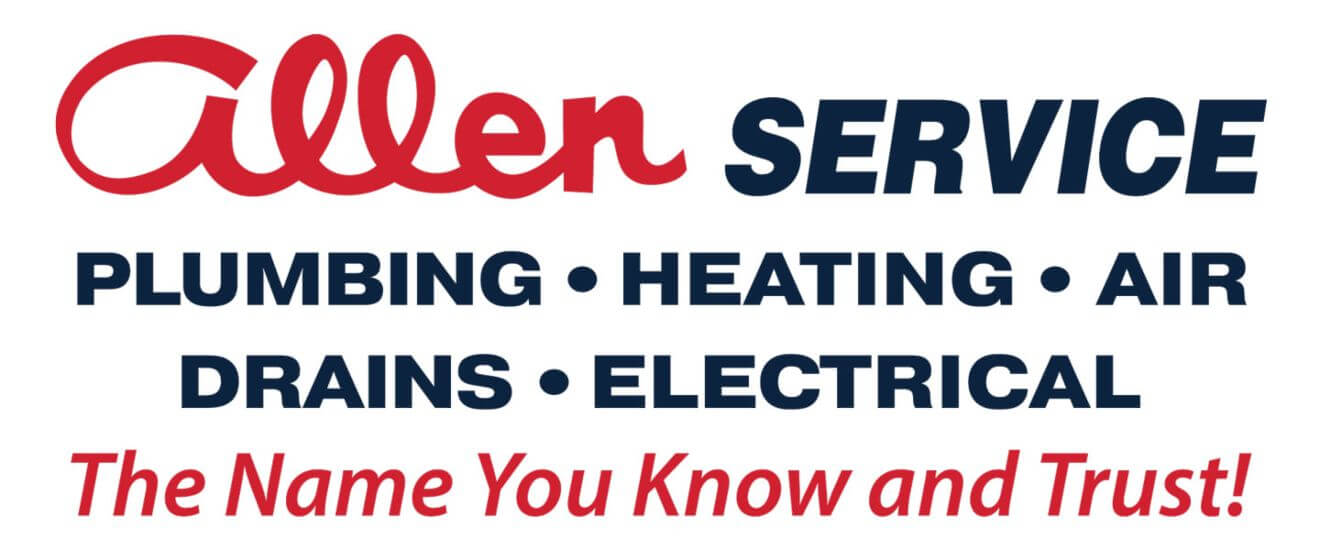9 Furnace Installation Facts Every Homeowner Should Know
It’s not every day you install a new furnace. By becoming informed and prepared, you’re more likely to choose the perfect heating system and HVAC accessories for your Colorado home. Brush up on these nine furnace installation facts to help the process go smoothly.
-
Furnaces Must be Sized Properly
When it comes to selecting a furnace size, bigger isn’t always better. In fact, an oversized furnace leads to uncomfortable temperature swings. More frequent cycling also increases wear and tear, shortening your furnace’s lifespan.
Sizing a furnace properly isn’t as simple as knowing your home’s square footage. While this is one factor, there are many others, including:
- Home orientation
- Window sizes and layouts
- Insulation levels
- Air infiltration rates
- Occupancy
- Indoor heat gain
- Climate
HVAC professionals conduct formal load calculations to ensure every factor is accounted for. Remember, by improving your home’s air-tightness and insulation levels before replacing your heating system, you may qualify for a smaller, less expensive furnace.
-
The Fuel Type Makes a Difference
Furnaces run on three primary fuel types—natural gas, oil, and electricity. Most homes in the Fort Collins area have natural gas service, making this a popular fuel choice. If you opt for oil, you’ll have to store the fuel onsite and schedule regular deliveries. Electric furnaces tend to be the most efficient, but this may not be cost-effective because electricity rates are much higher than natural gas.
If you don’t have gas service at your house or want to utilize your solar panels for home heating, consider a heat pump instead of a furnace. This is a lower-cost way to heat with electricity. As an added bonus, heat pumps work in reverse to cool your home like a high-efficiency air conditioner in the summer. Speak with an HVAC technician to determine if a heat pump is right for you.
-
The Furnace Efficiency Rating Matters
With the size and fuel type sorted out, the next step is to consider the efficiency. Furnace performance is measured by its annual fuel utilization efficiency (AFUE). The closer this number is to 100, the more effectively the equipment converts fuel into usable heat for your home, and the lower your utility bills will be. Furnaces with higher AFUE ratings tend to cost more than standard models, but the long-term savings are often worth the investment.
-
Your Ductwork May Need Attention
A furnace is only as efficient as its ductwork. Substant energy loss can occur if the ducts leak air or are poorly insulated, driving up your operating costs. Duct sealing and insulating are extra steps in the furnace installation process, but the effort could result in more even temperatures, lower heating bills, and better indoor air quality.
-
A Programmable Thermostat Can Save You Even More
If you still have a manual thermostat, consider upgrading to a programmable model when you install your new furnace. Setting the thermostat based on your schedule allows you to program setbacks while you’re away or sleeping without having to adjust it manually. Then, automatic recovery periods restore a comfortable setting before you get home or wake up. This results in about 10% energy savings without sacrificing comfort.
Select a programmable thermostat based on your scheduling needs and heating system type. Consider a smart thermostat if you want the option to control the temperature from afar. With Wi-Fi connectivity, you can change the settings from your sofa or halfway around the world. Many models even offer usage reports, filter change reminders, the tips to lower your energy bills.
-
Adding a Whole-House Humidifier Can Combat Dry Air
New furnace installation is the perfect time to install indoor air quality products. Whole-house humidifiers are a popular choice in Colorado’s dry climate. These devices run in tandem with your furnace, adding just the right amount of humidity to counteract itchy skin, brittle hair, dry nasal passages, and static shock. Whole-house humidifiers connect to your plumbing line, so you never have to refill or clean a tank, the most inconvenient part about running a portable humidifier.
-
A Professional Should Install Your Furnace
You may be interested in attempting a DIY furnace install, but this is not recommended. Only HVAC contractors have the proper tools and materials to remove and dispose of old equipment. They can also adjust or repair certain aspects of your system to ensure optimal performance and advise you on the best practices for operating and maintaining your new system.
Replacing your furnace by yourself isn’t just unsafe—it’s also illegal. Federal and state governments regulate furnace installation, requiring the installer to meet certification and licensing requirements for a safe, proper job well done.
-
Furnace Care Doesn’t End on Installation Day
A professionally installed furnace should work flawlessly for at least the first heating season. But like all mechanical equipment, furnaces need regular maintenance to stay in tip-top shape. A clogged filter, dirty burners, or issues with the heat exchanger can lead to performance problems and safety concerns, so scheduling routine tune-ups is a must.
If you’re tempted to skip maintenance, consider that most furnace manufacturers require yearly visits from a qualified professional to uphold your warranty coverage. Before choosing a new heating system, read the warranty’s fine print to learn if this is required. Then, commit to annual maintenance visits to prevent voiding your warranty.
-
Allen Service is Happy to Answer Your Questions
Most homeowners aren’t well-versed in HVAC technology, so installing a new furnace can feel overwhelming. Rest assured that Allen Service can answer your questions and put your worries to rest.
Our team has over 60 years of heating and cooling experience. As a Bryant Factory Authorized Dealer, we are highly qualified to recommend the best furnace or heating system for your Fort Collins home. We also offer financing to make your investment as affordable as possible. To learn more about our furnace installation services, please call us at 970-484-4841 or contact us online.


